Entry Category: Law
Dodson v. Arkansas Activities Association
Dollar, William, and “Fed” Reeves (Murders of)
Donnelly, Robert (Lynching of)
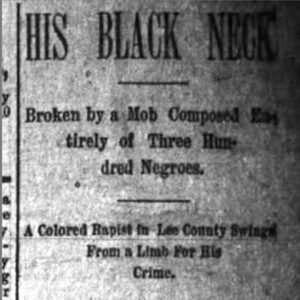 Donnelly Lynching Article
Donnelly Lynching Article
Doolin, Bill
aka: William Doolin
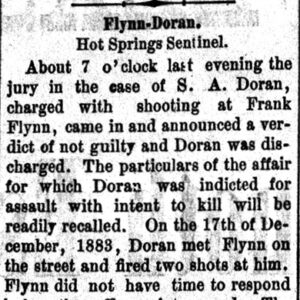 Doran Trial Story
Doran Trial Story
Dove v. Parham
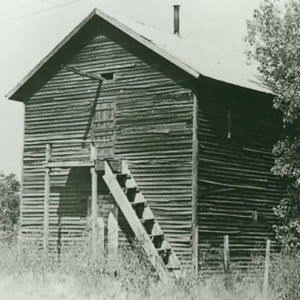 Dover Jail
Dover Jail
Dowdy, John (Execution of)
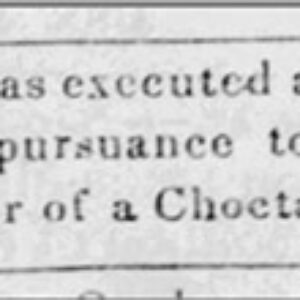 John Dowdy Execution Article
John Dowdy Execution Article
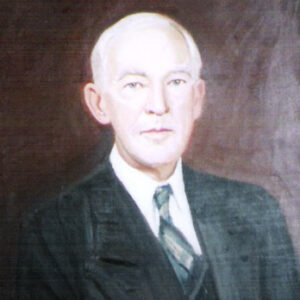 William Driver
William Driver
Driver, William “Judge”
Drug Courts
aka: Adult Drug Courts
 Robert H. Dudley
Robert H. Dudley
Dudley, Robert Hamilton (Bob)
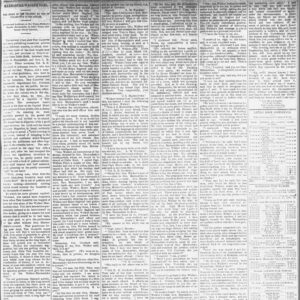 Duel Story
Duel Story
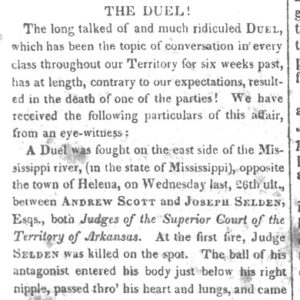 Duel Story
Duel Story
Dueling
Dugan, William (Lynching of)
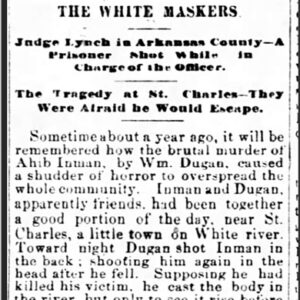 William Dugan Lynching Article
William Dugan Lynching Article
Dumas (Lynching of)
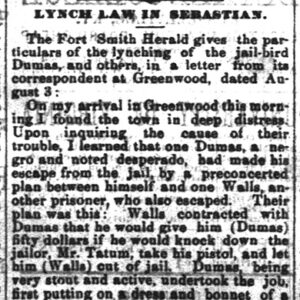 Dumas Lynching Article
Dumas Lynching Article
DuMond, Wayne Eugene
aka: Wayne Dumond Affair
Dunaway, Edwin Eagle
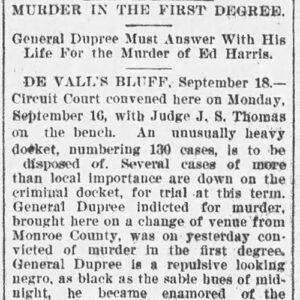 "General" Dupree Conviction Article
"General" Dupree Conviction Article
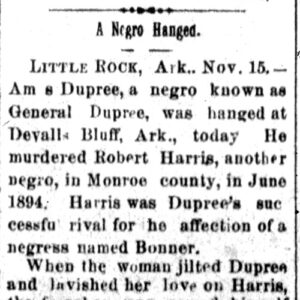 "General" Dupree Execution Article
"General" Dupree Execution Article
Dupree, Amos “General” (Execution of)
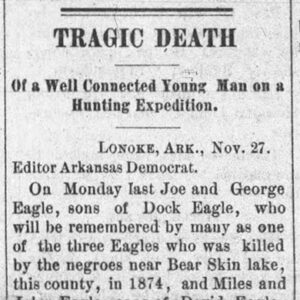 Eagle Murders Article
Eagle Murders Article
Eagle Murders of 1873
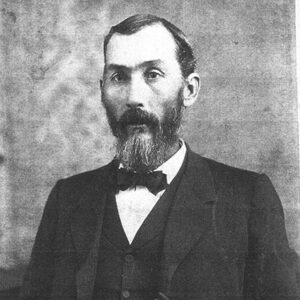 William H. Eagle
William H. Eagle
Eagle-Booe Feud
Eakin, Jno
aka: John Rogers Eakin
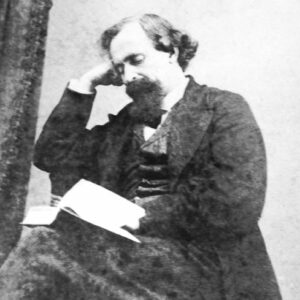 John Eakin
John Eakin
 East Arkansas Regional Unit
East Arkansas Regional Unit
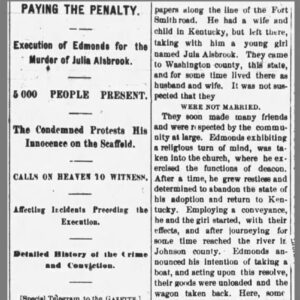 Thomas Edmonds Execution Article
Thomas Edmonds Execution Article
Edmondson Home and Improvement Company v. Harold E. Weaver
Edmunds, Howard (Execution of)
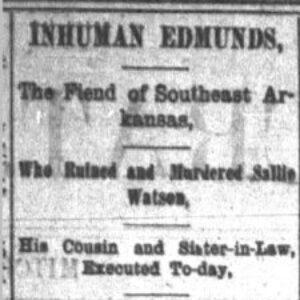 Edmunds, Howard (Execution of)
Edmunds, Howard (Execution of)
 G. Thomas Eisele
G. Thomas Eisele
Eisele, Garnett Thomas (Tom)
 El Dorado Federal Courthouse
El Dorado Federal Courthouse
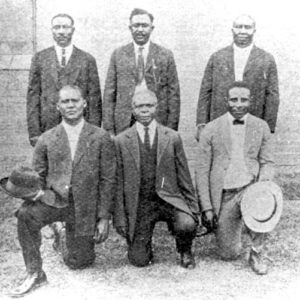 Elaine Massacre Defendants
Elaine Massacre Defendants
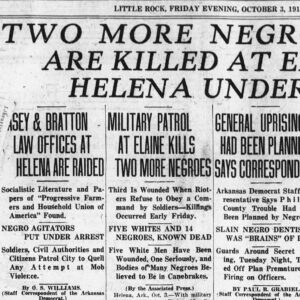 Elaine Massacre Headlines
Elaine Massacre Headlines
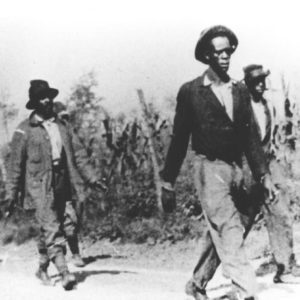 Elaine Massacre Prisoners
Elaine Massacre Prisoners
Election Fraud
Election Law of 1891
Elligin and Anderson (Lynching of)
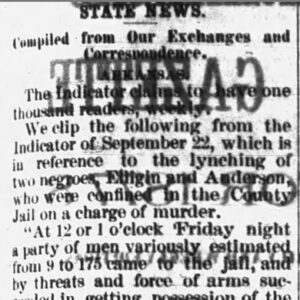 Elligin and Anderson Lynching Article
Elligin and Anderson Lynching Article
 Ellison and Son
Ellison and Son




